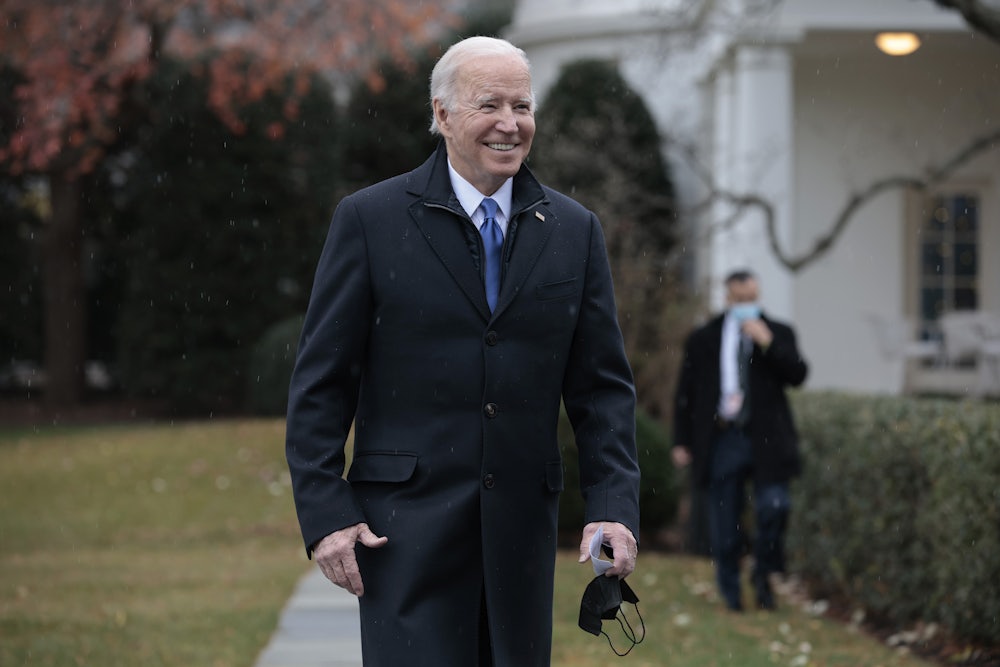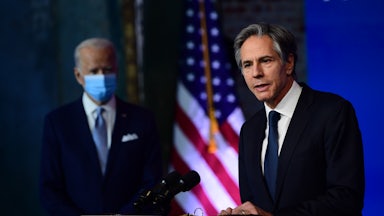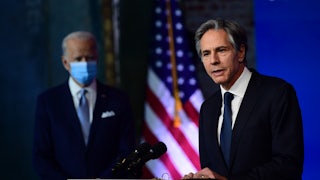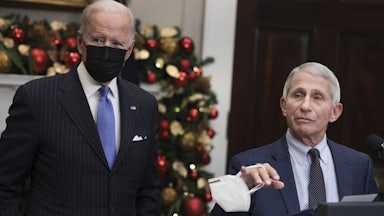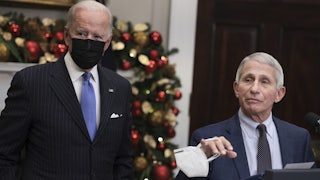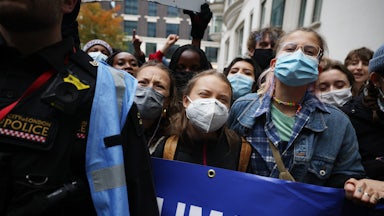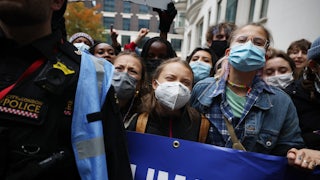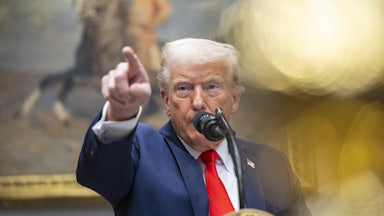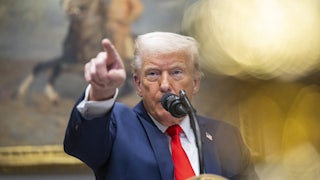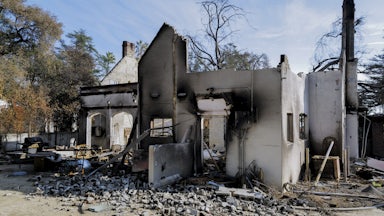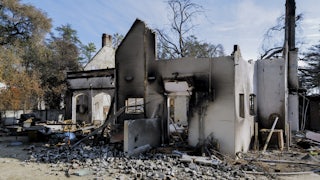“This is a moment to try to refocus our fellow citizens on what makes us exceptional,” Secretary of State Antony Blinken told Politico’s James Traub of the White House’s two-day Summit for Democracy, kicking off Thursday. “It does speak to something that continues to unite us, and that people aspire to, even despite the frustrations.”
The virtual confab—which brings together leaders from 110 countries for a round of talks and pledge-making—comes at an uncertain time for U.S. democracy, when the Republican Party has a decent shot at taking back the House of Representatives next year, appointing Donald Trump as speaker of the House, and categorically refusing to recognize that any Democrat could win the White House in 2024. What is it that the United States has to offer the world? Is the U.S., to Blinken’s point, really that exceptional?
In plenty of respects, it isn’t. Far-right strongmen have been on the rise from Russia to India to Brazil, fueled in no small part by social media disinformation; the U.S. is certainly no exception there. The success of such openly xenophobic, misogynistic parties and politicians comes as the traditional center-left in many places has failed to deliver on promises to improve the lives of ordinary people since the Great Recession, drifting away from traditional bases in organized labor. By hoarding vaccines, the U.S. has—like other wealthy nations—made the world more vulnerable to new variants of Covid-19, putting precious little pressure on the EU and U.K. to finally support waiving restrictive intellectual property rights on jabs at the World Trade Organization. The world is on track to produce double the amount of fossil fuels consistent with limiting warming to 1.5 degrees Celsius (2.7 degrees Fahrenheit); the Biden administration hasn’t shown much willingness to buck that trend, having approved more drilling per month for oil and gas on public lands than Trump did in his first three years.
So what does make this country exceptional? There’s our ever-ballooning military budget. Though the U.S. has just over 4 percent of the world’s population, the Pentagon accounts for 37 percent of its military spending. The new defense policy bill that sailed through the House on Tuesday greenlit a $650 million arms sale to not-exactly-democratic Saudi Arabia. Then there’s the uniquely obstructionist role U.S. negotiators have played blocking climate financing mechanisms at United Nations climate talks, including as the Biden administration made its triumphant climate leadership comeback tour last month. When it officially pulled out of the Kyoto Protocol in 2001, the U.S. almost unilaterally sent the world back to the drawing board to come up with another, less stringent framework for reducing global emissions. We’ve got the oldest constitution in the Organization for Economic Cooperation and Development, written by slaveholders who had minority rule in mind. And no other country has been quite so prolific in backing coups against democratically elected governments.
The logic of the summit isn’t hard to suss out. Biden’s long-held goal to win the “competition between democracies and autocracies” has two clear antagonists: China and Russia. While he’s reiterated much of the hawkish rhetoric of the Trump administration on the former, he’s taken a more multilateral approach to geopolitics overall, preferring to line up allies against these foes in formations like the Quad and AUKUS rather than continue Trump’s scattershot approach.
If the Biden administration were genuinely interested in democracy, it might be making a full-court press domestically to preserve American democracy against a right-wing takeover. It might, to that end, start throwing everything it has into ending the filibuster and reforming the Supreme Court. It isn’t doing that. Neither is the administration making the sort of grand gestures abroad that might help improve the U.S. reputation globally: launching a Marshall Plan for vaccination that could stop new and dangerous coronavirus variants in their tracks or using the vast number of tools at its disposal to shrink U.S. greenhouse gas emissions as quickly as possible and help finance its fair share of climate mitigation, adaptation, and loss and damage efforts abroad.
Instead, Biden is hosting a summit that will harden the lines between the so-called “free world” and U.S. adversaries, to “set forth an affirmative agenda for democratic renewal and to tackle the greatest threats faced by democracies today.” Taking on the challenges of the twenty-first century—chiefly the climate crisis—will require an unprecedented amount of good-faith collaboration, not relying on old twentieth-century rivalries with the same warmed-over scripts about U.S. exceptionalism. A summit isn’t going to cut it. If it sets the tone for how the administration is going to continue with the world, it could end up doing more harm than good.
